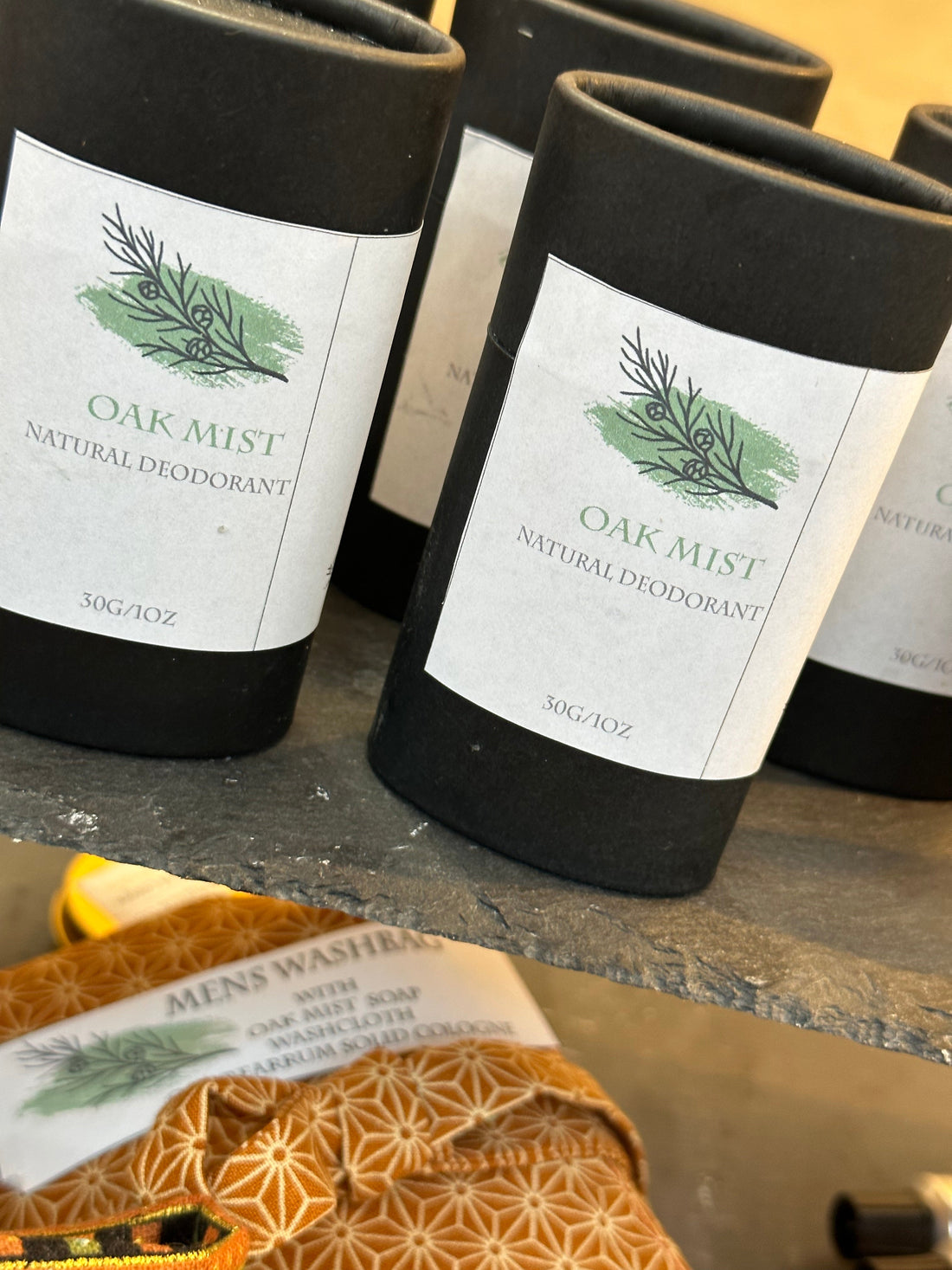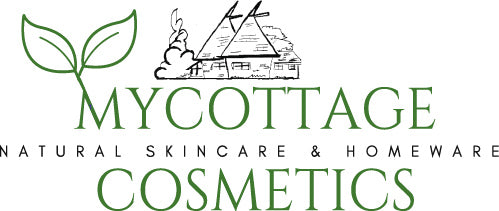
Myth v Reality: Are Natural Probiotic Deodorants Really Better?
Natural probiotic deodorants are gaining traction as people look for alternatives to traditional options. It's not just about skipping the synthetic stuff; it's about seeking products that align with a healthier lifestyle. So, what's driving this trend towards natural? Many folks are concerned about what's in their deodorant and how it could affect their skin and overall well-being.
Behind the buzz, there's actual science. Probiotics aren't just for your gut anymore; they're making waves in skincare too. When applied topically in deodorants, these live microorganisms can help balance the skin's microbiome, potentially reducing odour by curbing the bacteria that cause it.
Key ingredients often include naturally derived substances like baking soda, coconut oil, and essential oils, which aim to neutralise odour while offering moisturising benefits. The inclusion of live cultures is what sets natural probiotic deodorants apart from other natural products, adding an extra layer of complexity and potential benefit.
Natural probiotics in deodorants are fundamentally different from traditional deodorants or antiperspirants, which often use aluminium compounds to block sweat glands. Many people are looking to avoid these ingredients due to health concerns, which is guiding them toward more natural choices.
The shift isn't just a trend; it's a statement. Choosing a natural probiotic deodorant is part of a broader personal decision about what people want to support in terms of product composition and environmental impacts. It's all about making informed choices for better personal and planetary health.
Debunking the Myths Surrounding Probiotic Deodorants
Myths about natural probiotic deodorants are quite common, leaving many skeptical about their effectiveness. One of the biggest misconceptions is that they don't actually stop odour. The truth is, these products work by fostering a healthy balance of bacteria on the skin, which can naturally curb odour-causing bacteria. It's not an instant fix, so giving your body time to adjust is paramount.
Another myth is that all-natural probiotic deodorants are complicated to use or less effective than the traditional options. Some users expect them to work exactly like conventional deodorants or antiperspirants, but the approach is different. They don't stop sweat outright since they're designed to work with your body's natural processes. A bit of patience and understanding how probiotics interact with your skin is key.
Marketing hype also plays a role in shaping public perception. "Natural" is a buzzword, often misunderstood. Companies might push the idea that anything natural is automatically better. However, it's crucial to look past the labels and consider the science and personal needs. Not all natural products suit everyone's skin type, which is why understanding ingredient lists and seeking expert opinions can help in making informed choices.
Safety concerns also crop up now and then. Many assume that if a deodorant doesn't use typical antiperspirant ingredients, it must be unsafe or ineffective. However, safety is usually higher on the priority list for brands producing these natural products, as they often use ingredients that are gentle on the skin. Still, it's wise to test any new product on a small area of skin and listen to what your body says.
Ultimately, navigating myths comes down to personal experimentation and informed reading. Not all claims should be taken at face value; instead, focus on what your skin responds to the best.
Being proactive about researching ingredients and understanding how they work with your body will help in making a choice that aligns with your personal values and health priorities.
Diving into the Reality: Are They Really Better for You?
Evaluating whether natural probiotic deodorants are genuinely superior involves weighing their distinct advantages against conventional options. Many users appreciate the mildness, often finding these products more forgiving on sensitive skin. The absence of harsh chemicals can lead to fewer irritations, especially under the arms, where the skin can be quite delicate.
Natural probiotic deodorants tend to allow your skin to breathe naturally, which promotes healthier skin overall. While they don't necessarily prevent sweating, they work in harmony with the body's processes. For those who are conscious about what they put on their skin, this offers a tangible benefit—less interference with the natural perspiration process and more emphasis on balancing the body's ecology.
In terms of environmental impact, these deodorants often align with eco-friendly values. Many brands opt for biodegradable packaging and ingredients sourced with sustainability in mind. For those prioritising a reduced carbon footprint, this could make them quite appealing.
Consumer feedback highlights a diverse range of experiences. Some users rave about more pleasant scents and a sense of cleanliness that synthetic products don't match, while others mention needing to reapply throughout the day until their body adjusts. These varied experiences underscore the importance of personal trials to find what suits an individual best.
When deciding whether to make the switch to natural probiotic deodorants, think about your lifestyle and priorities. For someone who's mindful about ingredient transparency and environmental impact, these deodorants offer a compelling case. However, they may not suit everyone right from the start, so keeping an open mind and reevaluating your choice after some time is wise.
Expert opinions further affirm that they're safe and effective when used properly, though knowing one's skin type and preferences plays a crucial role. As with any product, there will be trial and error. What's important is finding something that feels right for you and fits your personal and environmental ideals.
